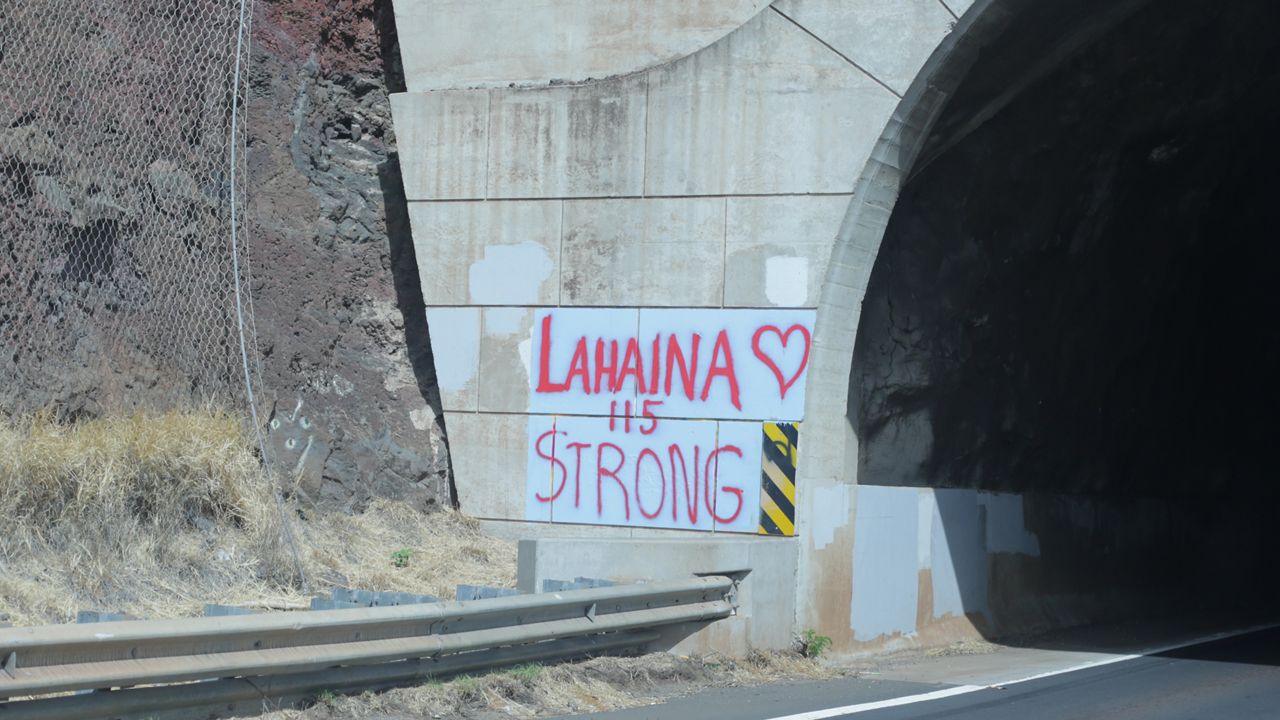The National Science Foundation is awarding four University of Hawaii-led projects with RAPID grants, totaling about $800,000, in the wake of the Maui fires, according to a news release.
NSF’s RAPID funding is given to proposals having a severe urgency regarding accessing data, facilities or specialized equipment, including quick-response research on natural disasters.
Three of the projects are focused on using data science to help prevent and react to future wildfires in Hawaii. The fourth project involves trauma-informed education.
Information and Computer Science Professor Jason Leigh is leading a project that combines UH’s climate mesonet system, which are observation stations, with Northwestern University’s Sage Artificial Intelligence-enhanced instrument platform to build a multi-hazard monitoring and detection station for natural disasters. The system is being deployed near Lahaina and will gather climate and pollutant data to aid clean-up efforts.
Alice Koniges, a UH Manoa graduate faculty, is working on a project that will develop wildfire computer models using mathematical concepts called level-set methods and Hamilton-Jacobi equations. The new model is aimed at aiding in resource allocation in a real-time disaster situation, like the Lahaina wildfire. The project also hopes to improve human evacuation models.
David Eder, who is on UH Manoa’s graduate faculty in the Physics and Astronomy Department, is leading a project that captures data from social media and time-stamped photos, which will be organized with AI-enhanced methods. The project will use the data to show how a wildfire is propagated inside a community and its interaction with urban structures.
College of Education Professor Tara O’Neill is spearheading a project that will focus on Maui’s educators and youth. This project partners with teachers, community members and cultural practitioners on Maui who are involved with K-12 education in order to understand the impact of trauma and build STEM learning environments with a focus on healing.
Michelle Broder Van Dyke covers the Hawaiian Islands for Spectrum News Hawaii. Email her at michelle.brodervandyke@charter.com.



